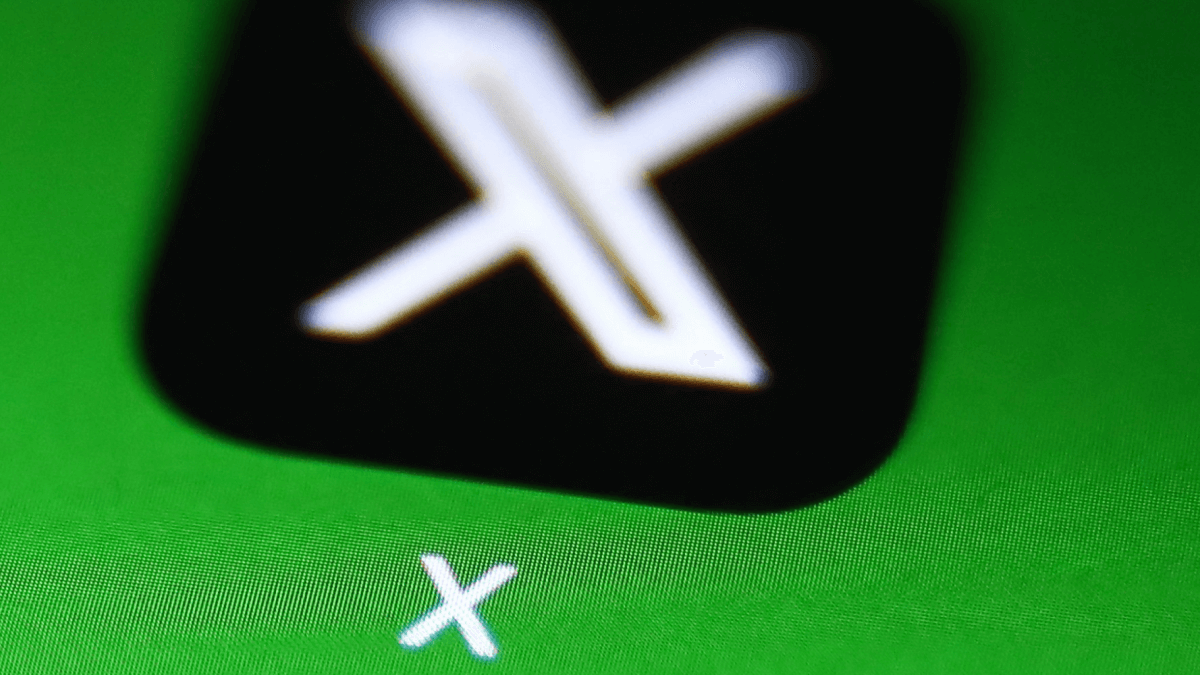Here’s the kicker: based on these AI-assigned definitions in the updated terms, your access to certain content might be limited, or even cut off. You might not see certain tweets or hashtags. You might find it harder to get your own content seen by a broader audience. The idea isn’t entirely new; we’ve heard stories of shadow banning on Twitter before. But the automation and AI involvement are making it more sophisticated and all-encompassing.



Stuff like this is my biggest reason to believe that the current anti-ai movement is incredibly misled.
They want to stop open scraping, but if they’re successful, only companies like Twitter, Google, Disney, Getty, Adobe, whatever, are going to have their own closed systems that they’ll either charge for or keep themselves to replace workers, instead of the tech being open to all of us.
Open scraping is the only saving grace of all of this tech because it’s going to keep at least a number of options entirely free for anyone who wants to use them.
I’m not anti-AI but the movement is highly against mega corp scrapping personal data as well, not just open scrapping.
As a simple example Co-Pilot has been under heavy fire from the anti-ai community for a while now due to the usage of open licensed code without attribution.
But it won’t matter, because a mega corp scraping data is going to put it into their TOS and literally zero percent of these people are going to get off Twitter or Bluesky or whatever big website that has an exemption to whatever law is passed to stop the scraping of data.
The only groups who will suffer will be researchers, open source software builders, and pretty much anyone who isn’t a corporation already.
There’s no solution to this that will end with everyone being 100% happy, but keeping the open internet open and continuing this idea that has pretty much persisted from the beginning of the internet, that whatever you put out there is fair game for viewing, is ideal compared to the alternative.
deleted by creator
Yeah, I shouldn’t have said “literally zero”, but considering how small our community here is compared to Reddit, or Mastodon compared to X, it is, arguably, functionally zero, and something as obscure as a TOS change that allows scraping for AI is much less likely to drive many people off of a site as something as drastic as destroying the entire mobile app ecosystem, ala Reddit.
deleted by creator
I get it - I appreciate the correction anyway!
Researchers were required to use opt-in databases long before they trained AIs. It may be less convenient than taking someone’s data without consent, but it’s also more ethical.
Isn’t most of the issue people have open scraping and using it to create copyeritten content that they then sell back to us? It’s not just the scraping, but that they also want to own the output.
It’s controversial, to be sure, but I’ve always been of the mind that if someone wants to do something transformative to one of my works, they’ve generated something different, despite being “inspired” by my work.
ML gens are transformative by nature, so I don’t think my work being one of millions of datapoints used to create something is a huge deal.
That said, I’m also an advocate of preservation through piracy, so I’d be a hypocrite if I wanted to go copyright mad at bots for looking at images I uploaded on the public internet.
Nope, the AI race will be win by whoever goes the lowest, unless they’re being stopped.